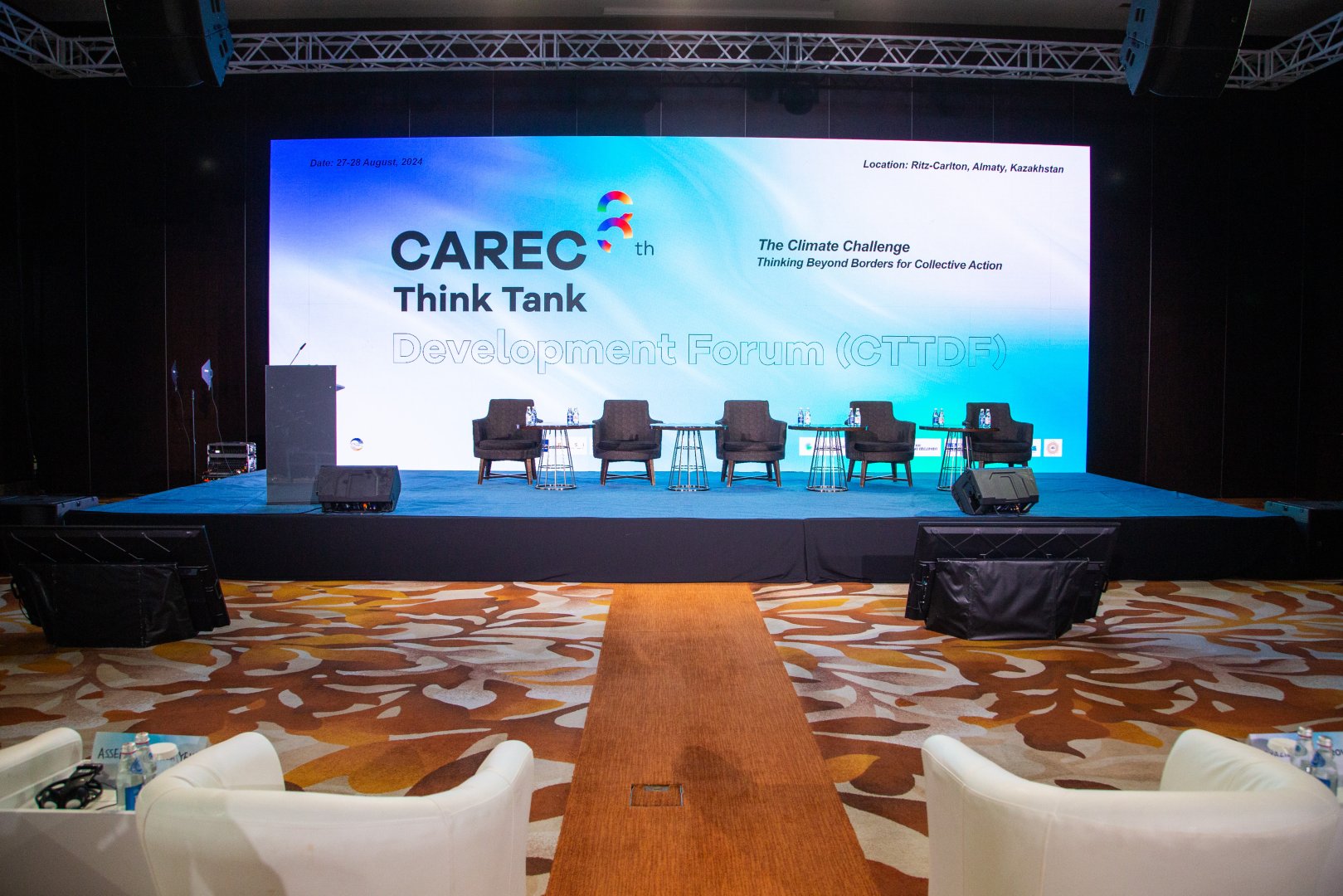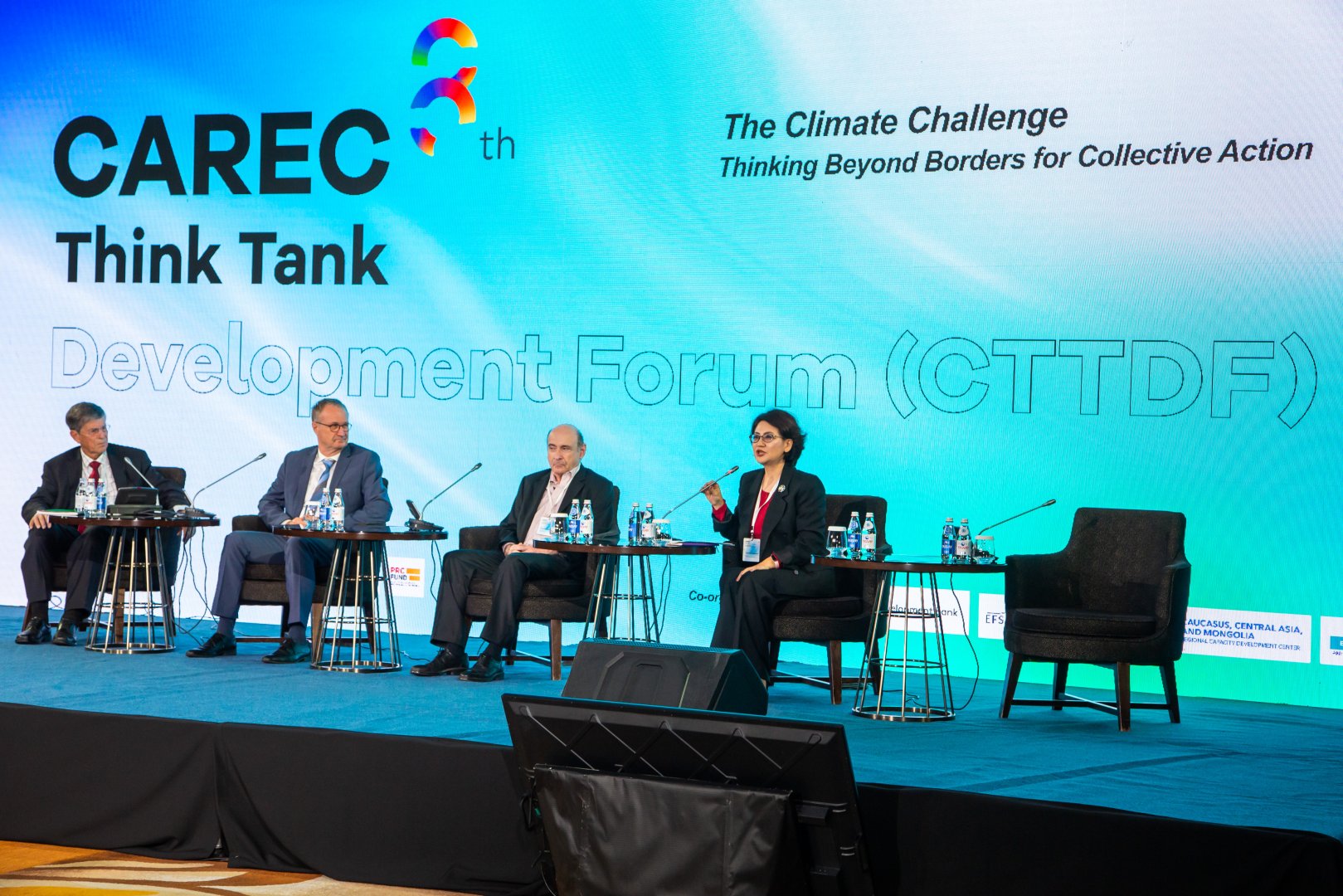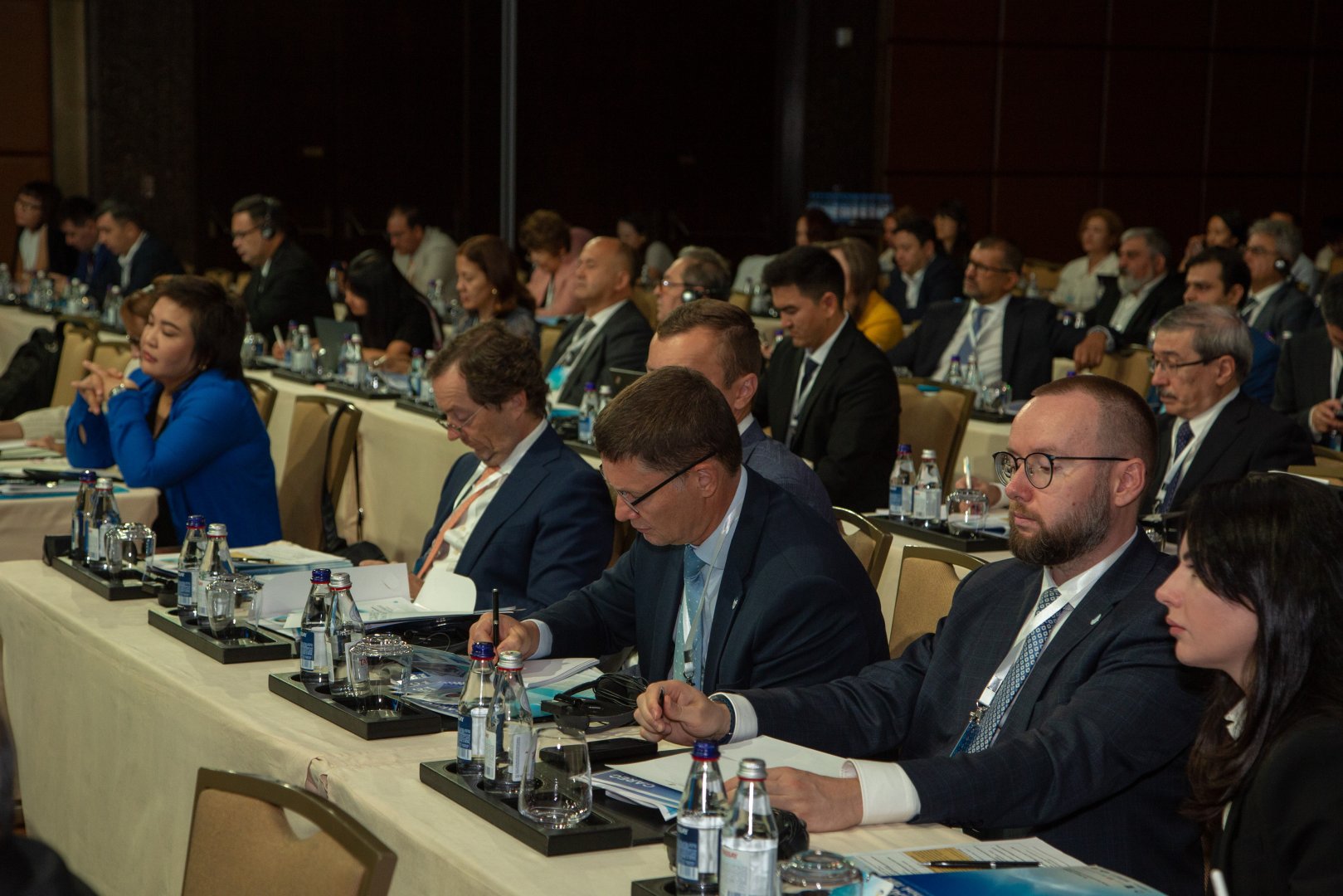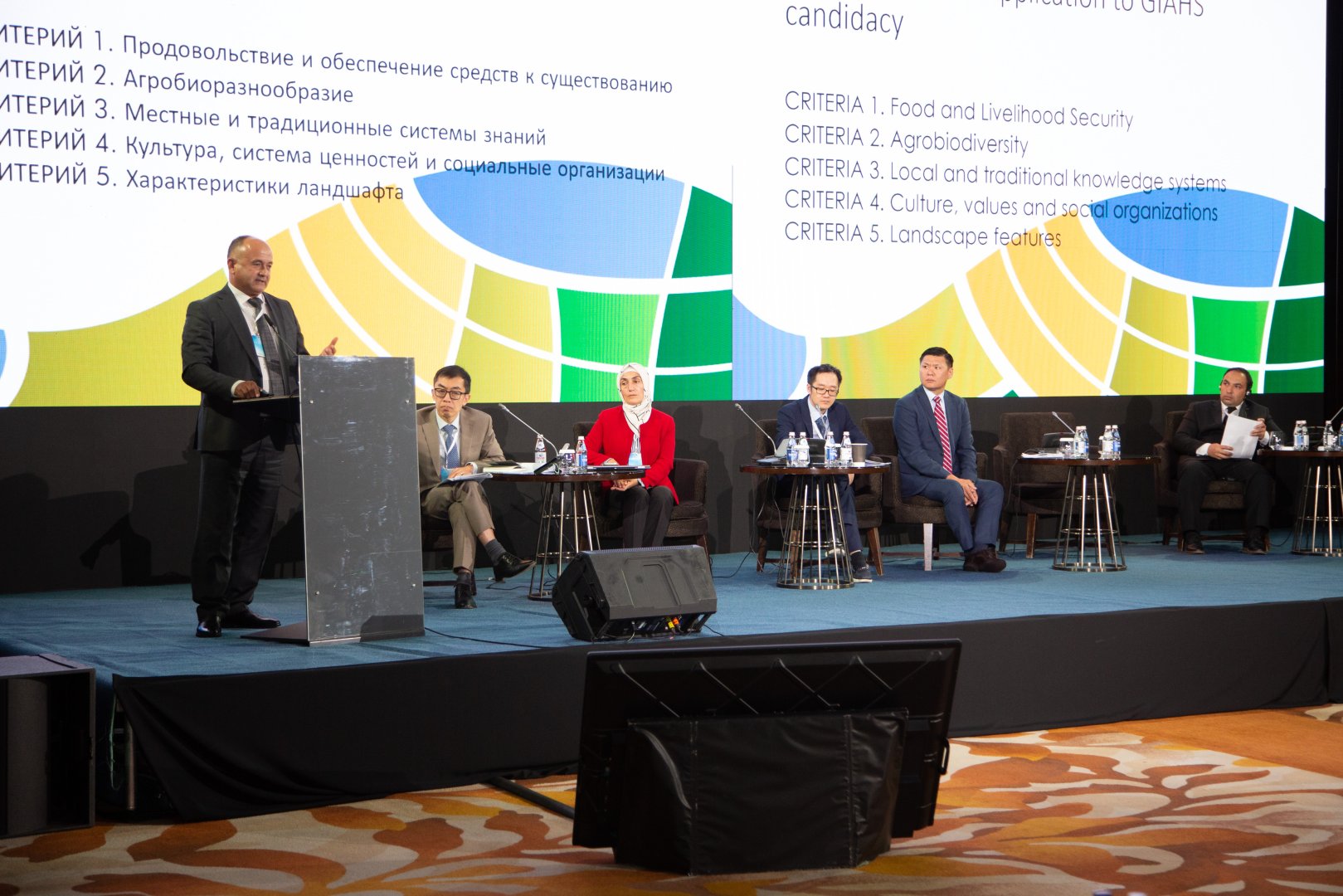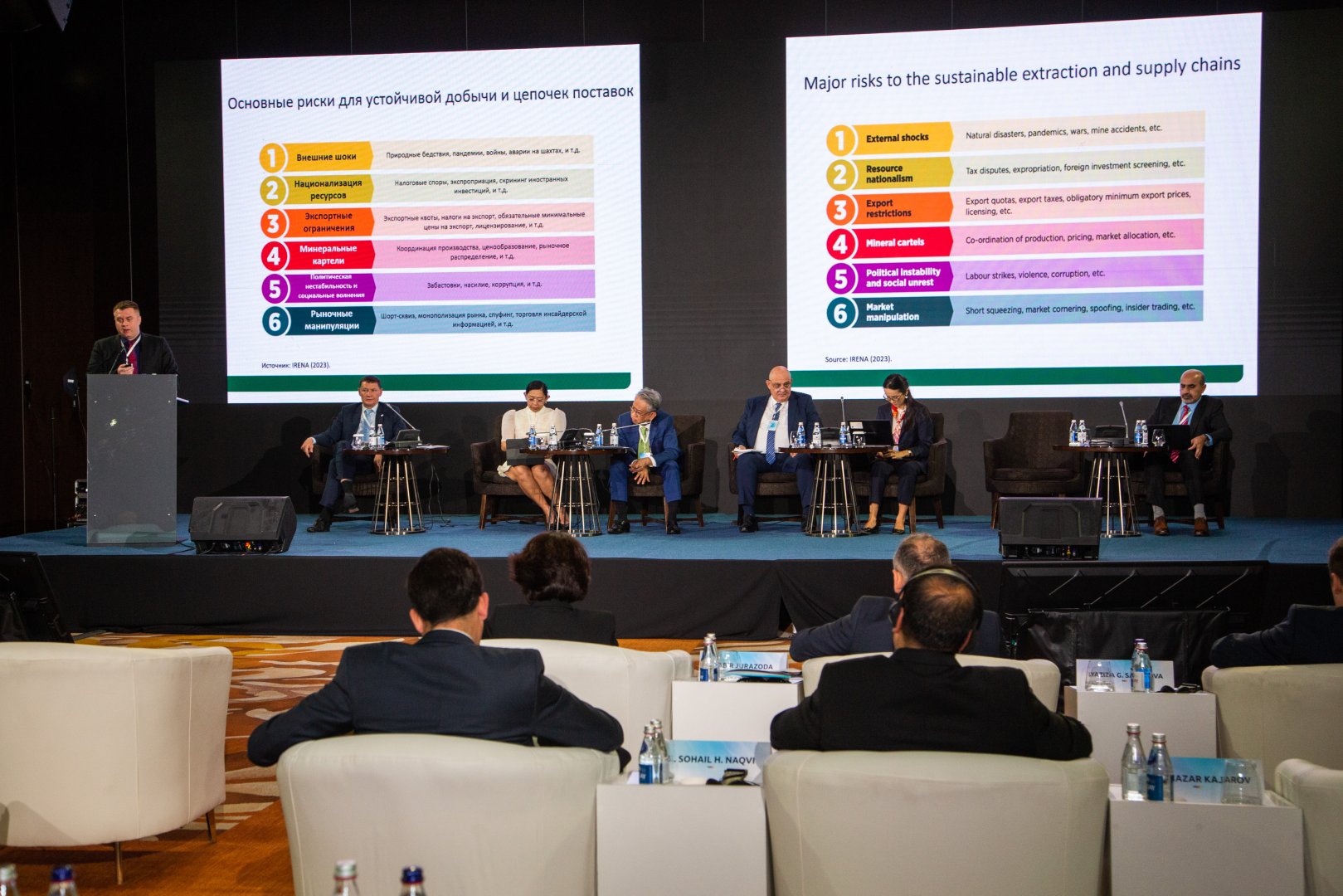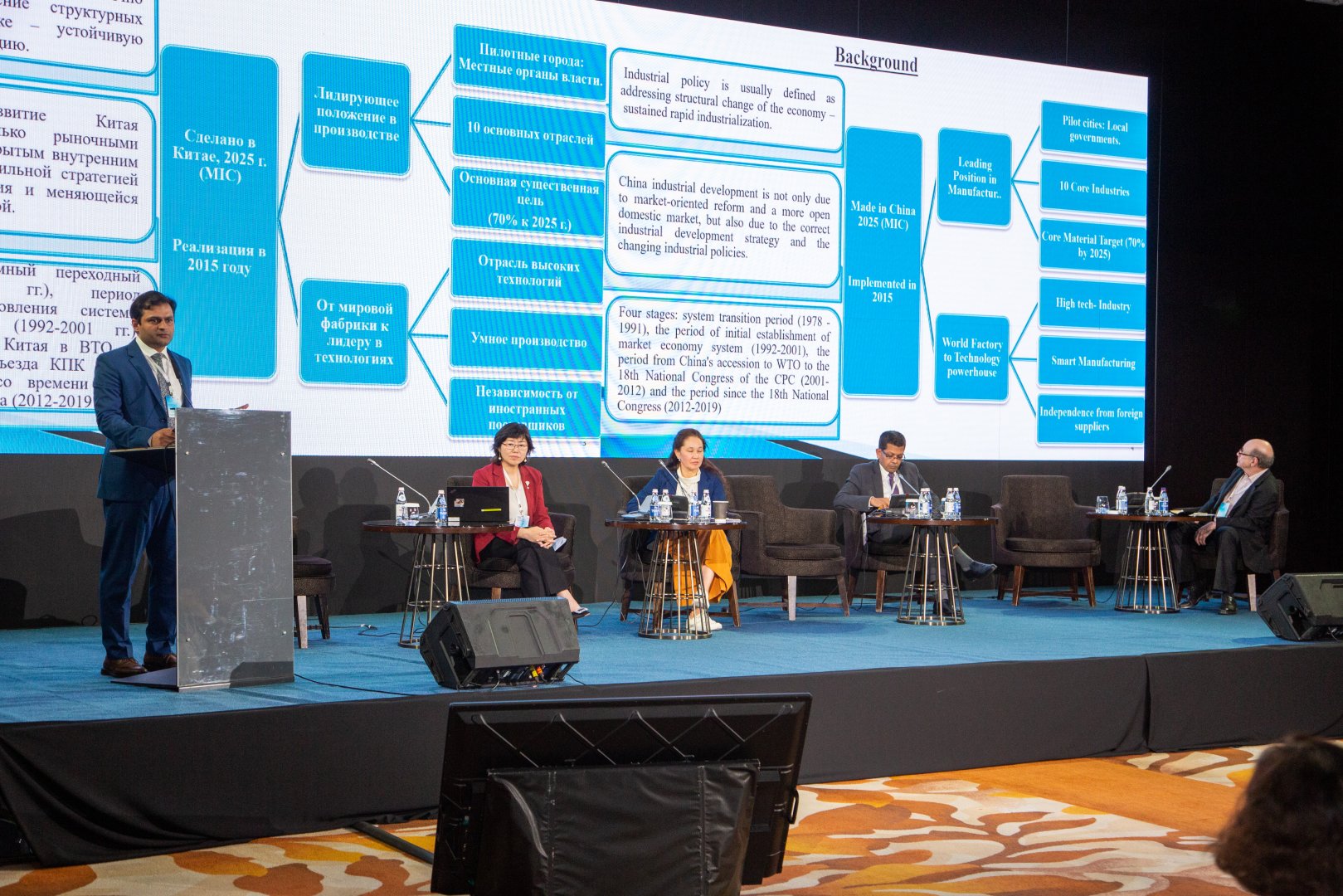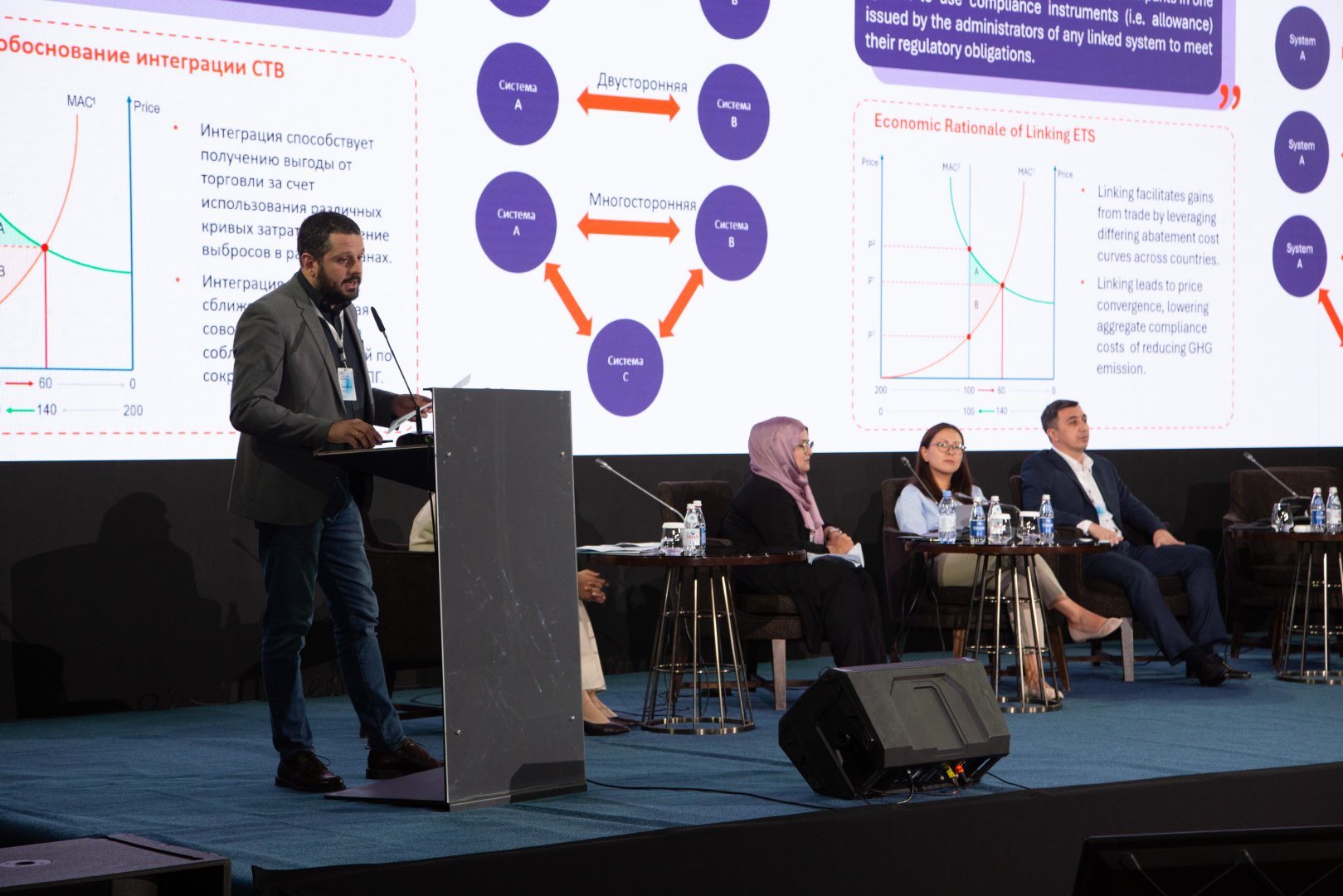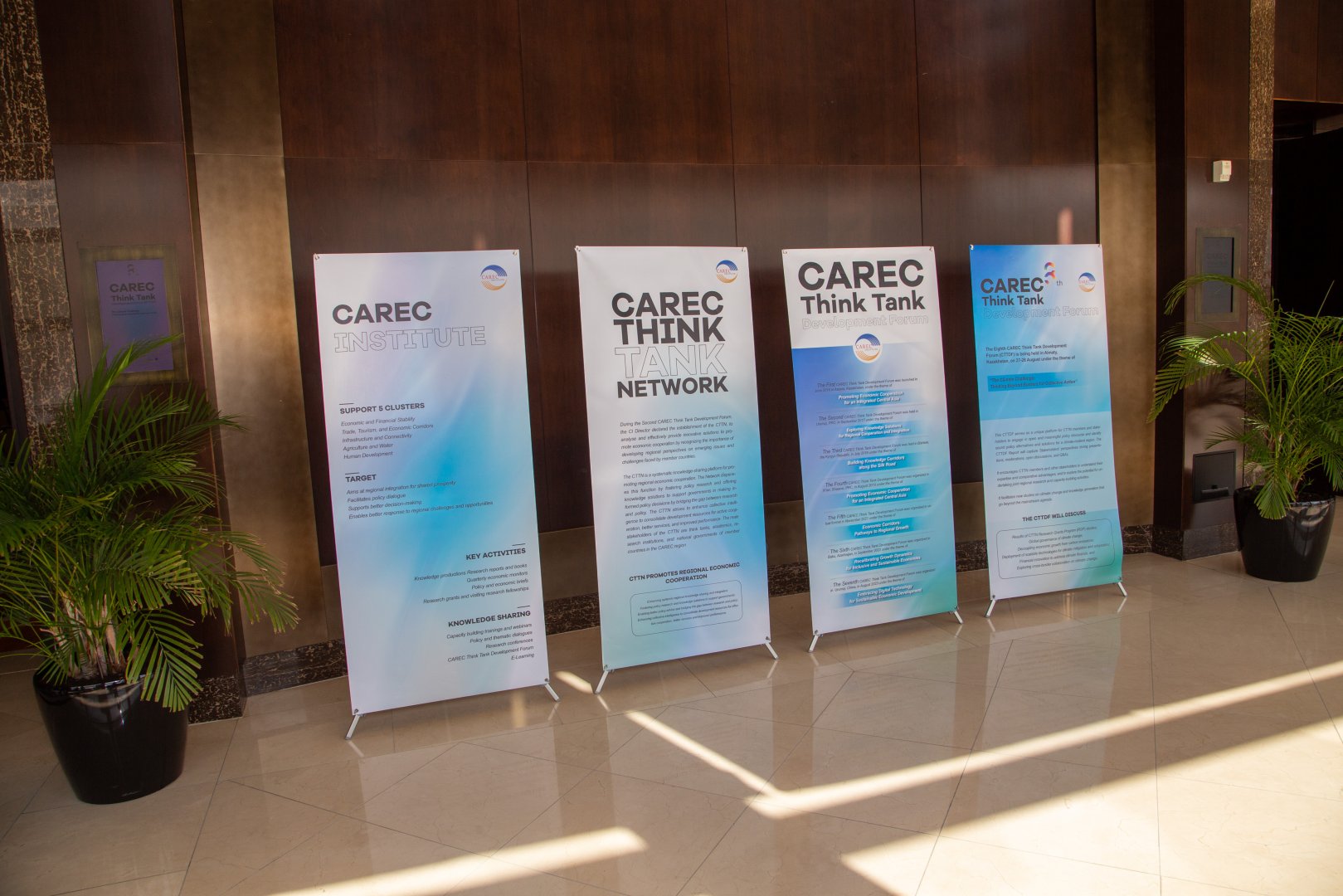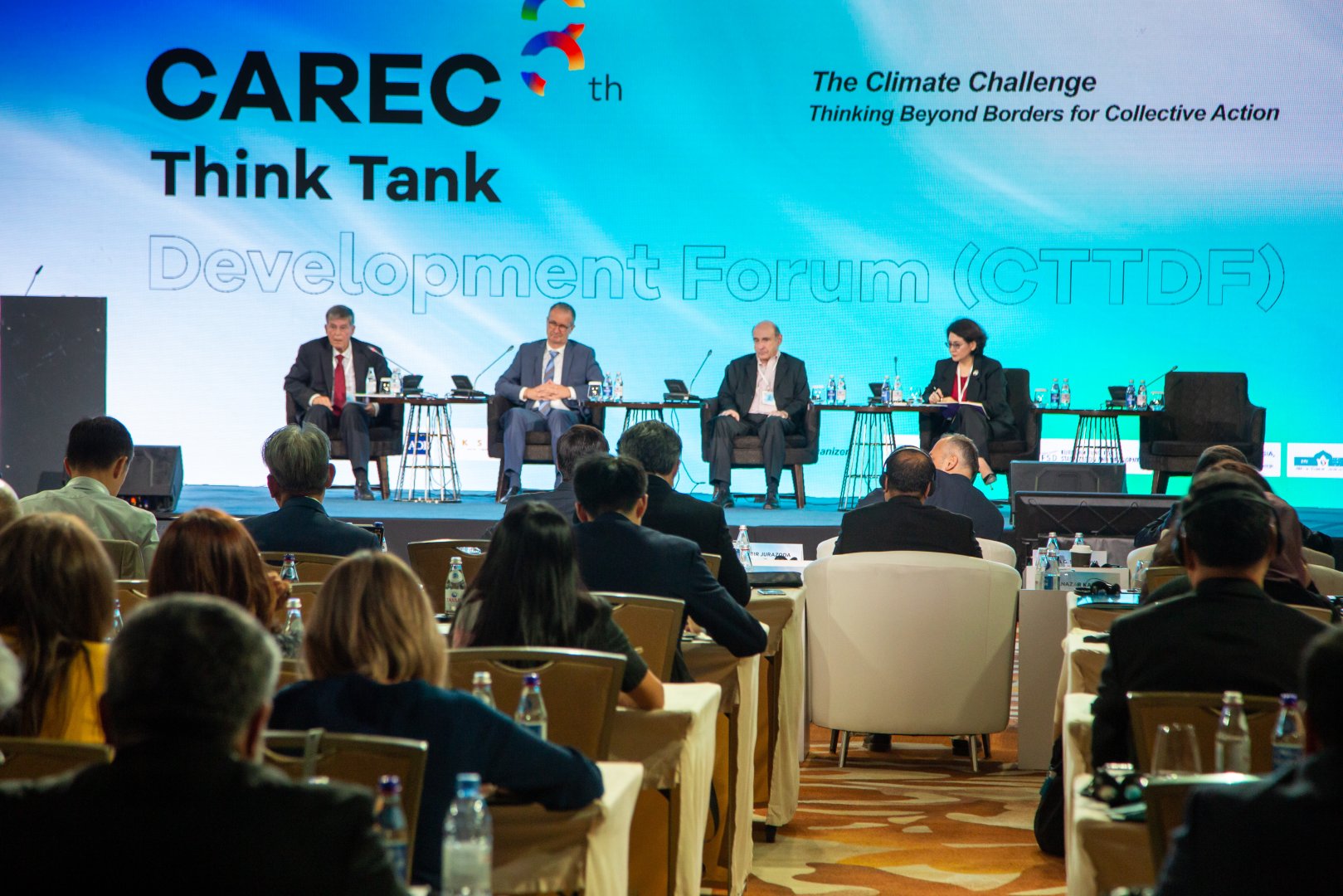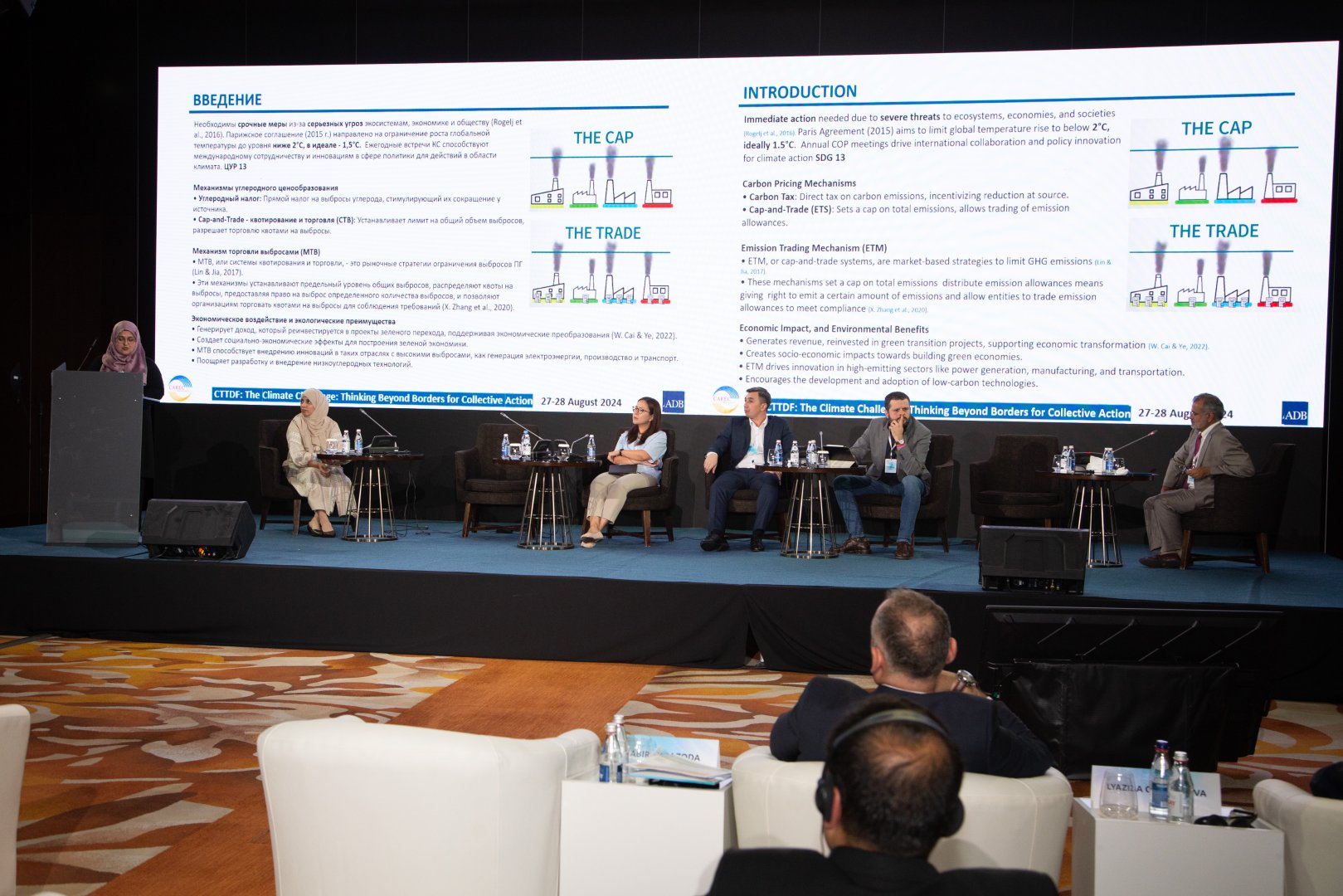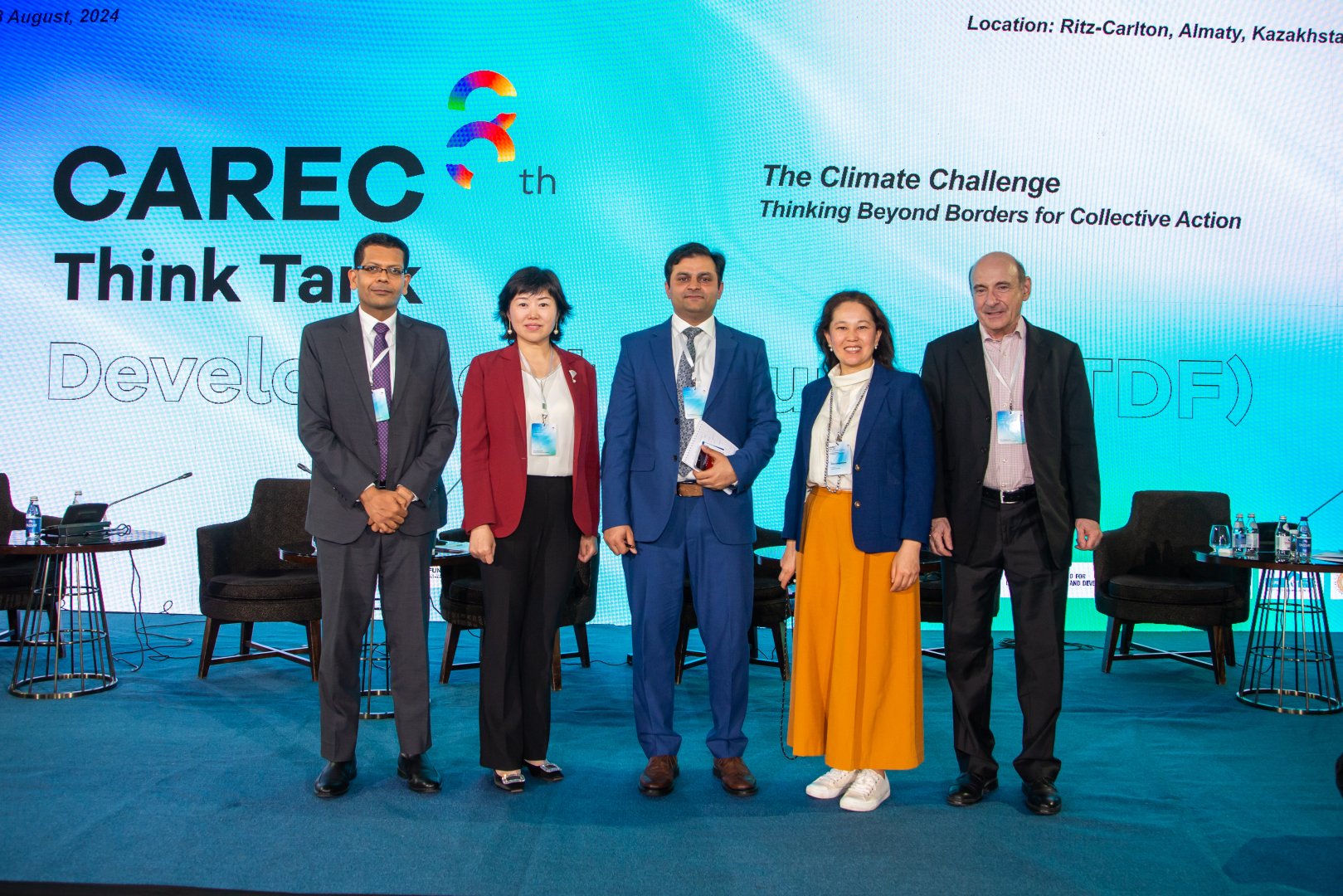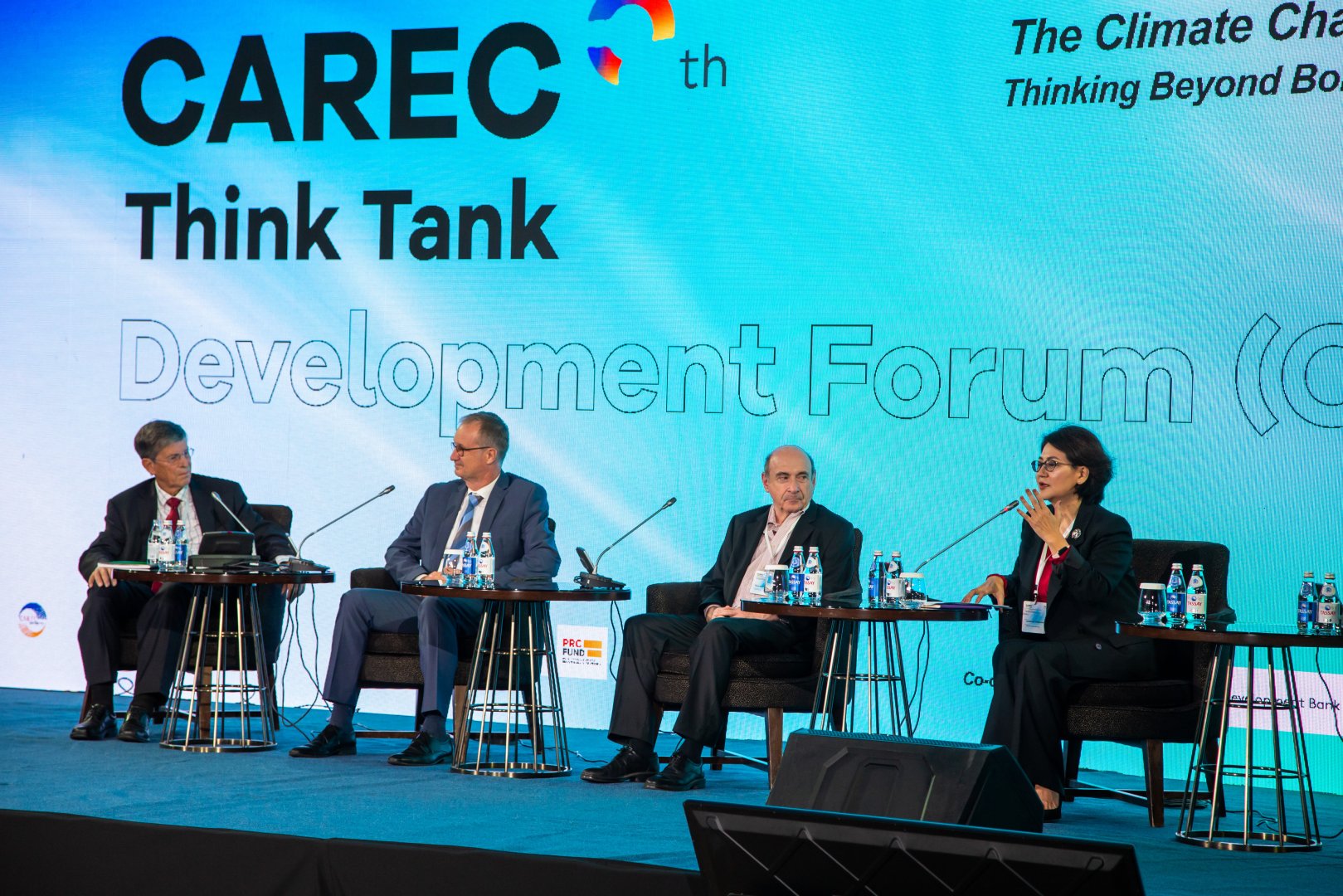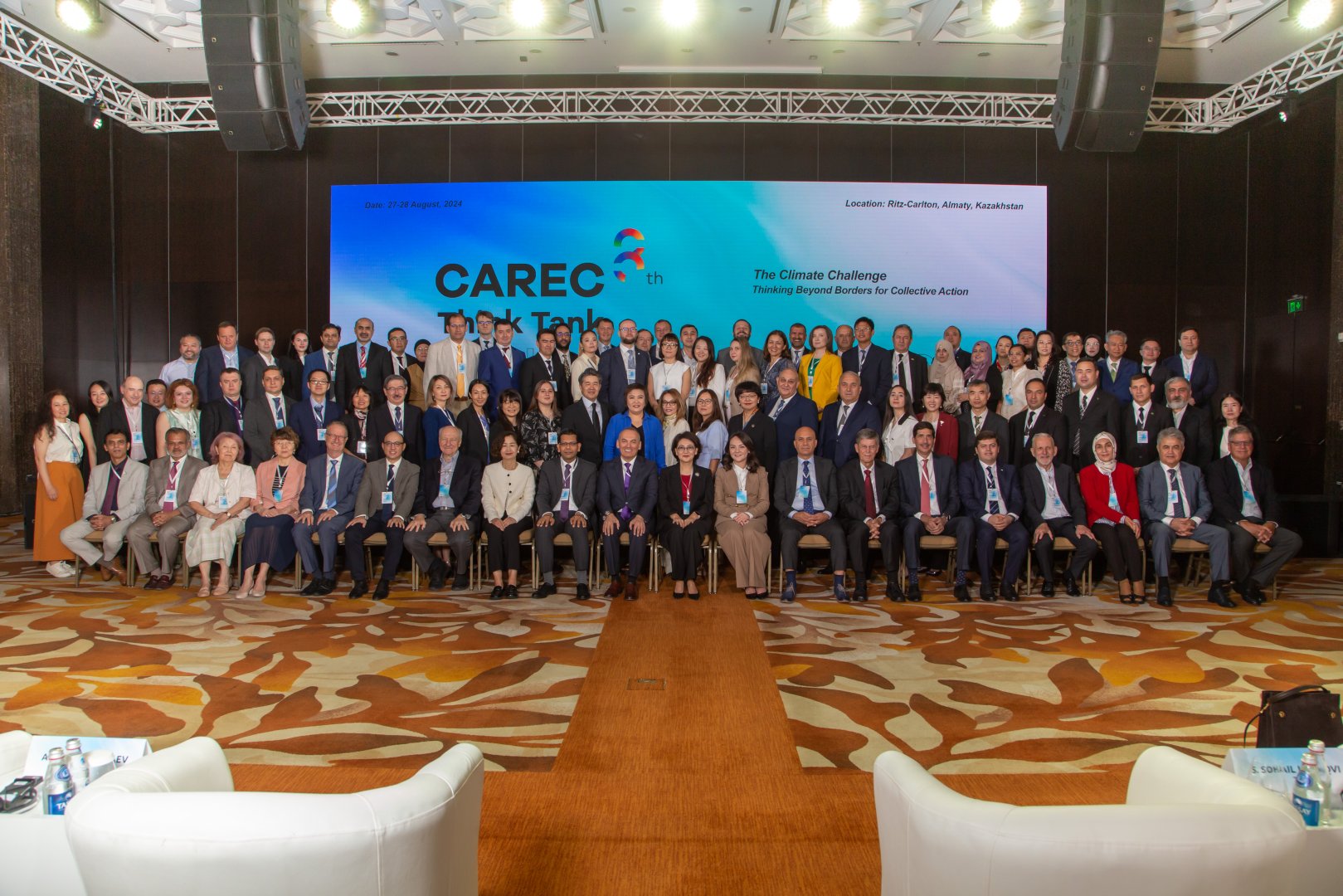ALMATY, Kazakhstan, August 28. The Eighth CAREC Think Tank Development Forum, under the theme “The Climate Challenge: Thinking Beyond Borders for Collective Action,” kicked off today in Almaty. The forum convened over 120 participants from regional think tanks, CAREC member countries, universities, development partners, and the media, all united to tackle the escalating climate challenges through coordinated regional strategies.
Urgency for Coordinated Action
Mr. Kabir Jurazoda, Director of the CAREC Institute, emphasized the imperative for immediate, coordinated climate action in his welcome address. Referencing the World Meteorological Organization’s data, he noted the dramatic impact of severe weather events on economies, particularly within the CAREC region.
Keynote Addresses and Strategic Insights
Mr. Yang Yingming, Vice President of the Asian Development Bank (ADB), emphasized the forum’s critical role in shaping regional policies. “The Asian Development Bank has been a steadfast supporter of the CAREC Institute, particularly in aligning its institutional strategy and programs with CAREC strategies, most notably the CAREC 2030 Strategy,” remarked Mr. Yang. He underscored the importance of unity in confronting the growing impacts of climate change, advocating for the exchange of experiences, challenges, and successes to secure a sustainable, resilient, and prosperous future for the CAREC region.
Mr. Yang also highlighted the ADB’s initiatives to address climate financing gaps. “In response to identified climate financing gaps within these countries, we are actively progressing with the CAREC Climate and Sustainability Project Preparatory Fund (CSPPF), supported by ADB, with contributions from various multilateral and bilateral sources,” he stated.
Ms. Assel Sarsenbayeva, Chairman of the Management Board of the Economic Research Institute and a Member of the Board of Directors at the Ministry of National Economy in Kazakhstan, underscored the significance of regional cooperation in promoting sustainable development. She detailed Kazakhstan’s commitment to achieving carbon neutrality by 2060, enhancing renewable energy use, and adhering to strict environmental, social, and governance (ESG) principles.
Collaborative Dialogues and Technological Solutions
Throughout the day, the Eighth CAREC Think Tank Development Forum sparked crucial dialogues among thought leaders, experts, and development partners on key topics such as the efficacy of global climate initiatives, the exploration of sub-regional strategies, and the assessment of recent policy impacts on CAREC economies. Discussions delved into the role of innovative technologies in climate change mitigation and adaptation, emphasizing the potential of rapid technological advancements and the critical need to cultivate a supportive regional ecosystem for climate solutions.
The forum also shone a spotlight on the CAREC Think Tank Network (CTTN) Research Grants Program, showcasing research presentations that align with the forum’s climate agenda and underscore the vital role of research in boosting regional climate solutions.
Local and International Cooperation Highlights
Participants explored successful country-specific climate adaptation efforts, highlighting the indispensable roles of governments, local communities, and NGOs in crafting effective climate policies. These discussions underscored the significance of South-South cooperation in discovering and implementing sustainable practices.
Conclusion and Forward Momentum
As the forum’s first day concluded, a strong call was made for continued collaboration to tackle the climate challenges. “Today’s deliberations have laid a robust foundation for our future collaborative efforts,” remarked Mr. Jurazoda, expressing gratitude for the contributions of all participants.
The forum will continue with a focus on refining actionable strategies and bolstering partnerships, encouraging participants to actively engage and collaborate on innovative solutions aimed at fostering a sustainable and resilient future for the CAREC region.

